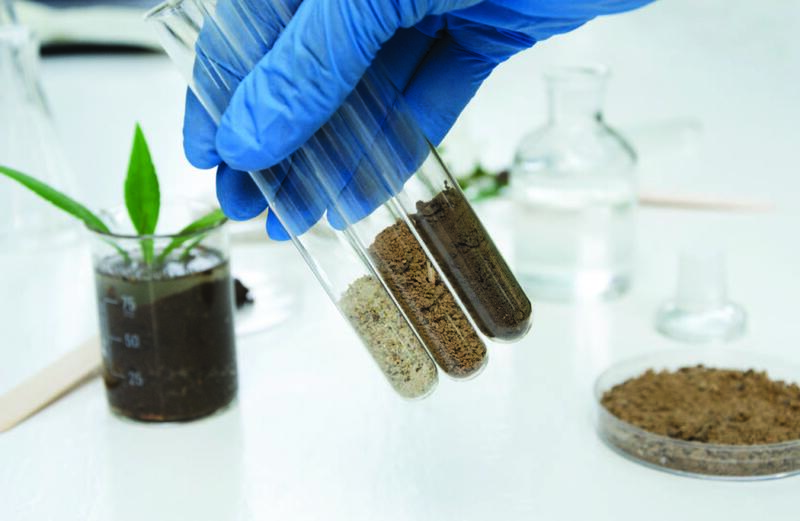Creating an enabling environment to safely harness modern biotechnology in Rwanda

AUDA-NEPAD has been working with the Rwanda Environment Management Authority (REMA) and other stakeholders towards creating an enabling environment to safely harness modern biotechnology as a tool for agricultural transformation and socio-economic development. Recently, a capacity strengthening meeting on review of biosafety applications for research (confirmed field trails) was conducted for members of the national biosafety committee (NBC), which held from 9 – 11 May, 2022. Closely following this activity was a capacity strengthening meeting on biosafety inspection and institutional biosafety committee (IBC) from 12 – 13 May, 2022. Both activities were held in Kigali, Rwanda.
The Director General REMA, Ms Juliet Kabera, gave the opening remarks at the review meeting with twenty-two participants in attendance. The technical backstopping provided to REMA and members of NBC during the application review meeting resulted in reviewers’ better understanding of biosafety concerns related to the research activity, as well as risk assessment and risk management principles to address identified concerns. This outcome ensured the successful review of the application to conduct confined field trial (CFT) of genetically modified late blight resistant (LBR) potato and the application to conduct previously approved CFT of cassava brown streak disease (CBSD) & cassava mosaic disease (CMD) resistant cassava in two additional trial sites. The committee finds the proposed CFTs to be low-risk activities, having an acceptable level of risk for Rwanda, and recommended for REMA’s approval subject to applicants’ compliance with the recommended risk management conditions and to applicants’ implementation of corrective measures to address deficiencies communicated to the applicants.
The capacity strengthening meeting on biosafety inspection and IBC, was of utmost importance as it would facilitate effective implementation of CFTs in Rwanda in accordance with best practices. There were twenty-nine (29) participants drawn from various organizations including REMA, Ministry of Environment, Rwanda Agriculture Board, Rwanda Food and Drugs Authority, University of Rwanda, Institute of Applied Sciences, and Rwanda Inspectorate, Competition and Consumer Protection Authority. Hands-on training on biosafety inspection and Institutional Biosafety Committee (IBC), delivered through Powerpoint presentations, group break-out session / role plays – virtual inspection and plenary discussions, resulted in acquisition of basic requisite capacity in biosafety inspection and understanding of oversight role of IBCs in biosafety regulation.
The Director General of REMA, in her remarks, restated the government of Rwanda’s immense gratitude for the support provided towards creating an enabling environment for safely harnessing modern biotechnology towards attaining improved food security and socio-economic development, and re-emphasized the political will and commitment from Rwanda government for the biosafety process. She, therefore, reiterated the need for continued support from AUDA-NEPAD to facilitate the enactment of a substantive biosafety law in order for the regulatory regime to attain its full functionality in Rwanda. AUDA-NEPAD is committed to providing further support to facilitate enactment of biosafety law and to strengthen institutional capacity in every aspect of the biosafety process, in order to ensure national competence, assuage public fears, and instill public confidence in the national regulatory system.



